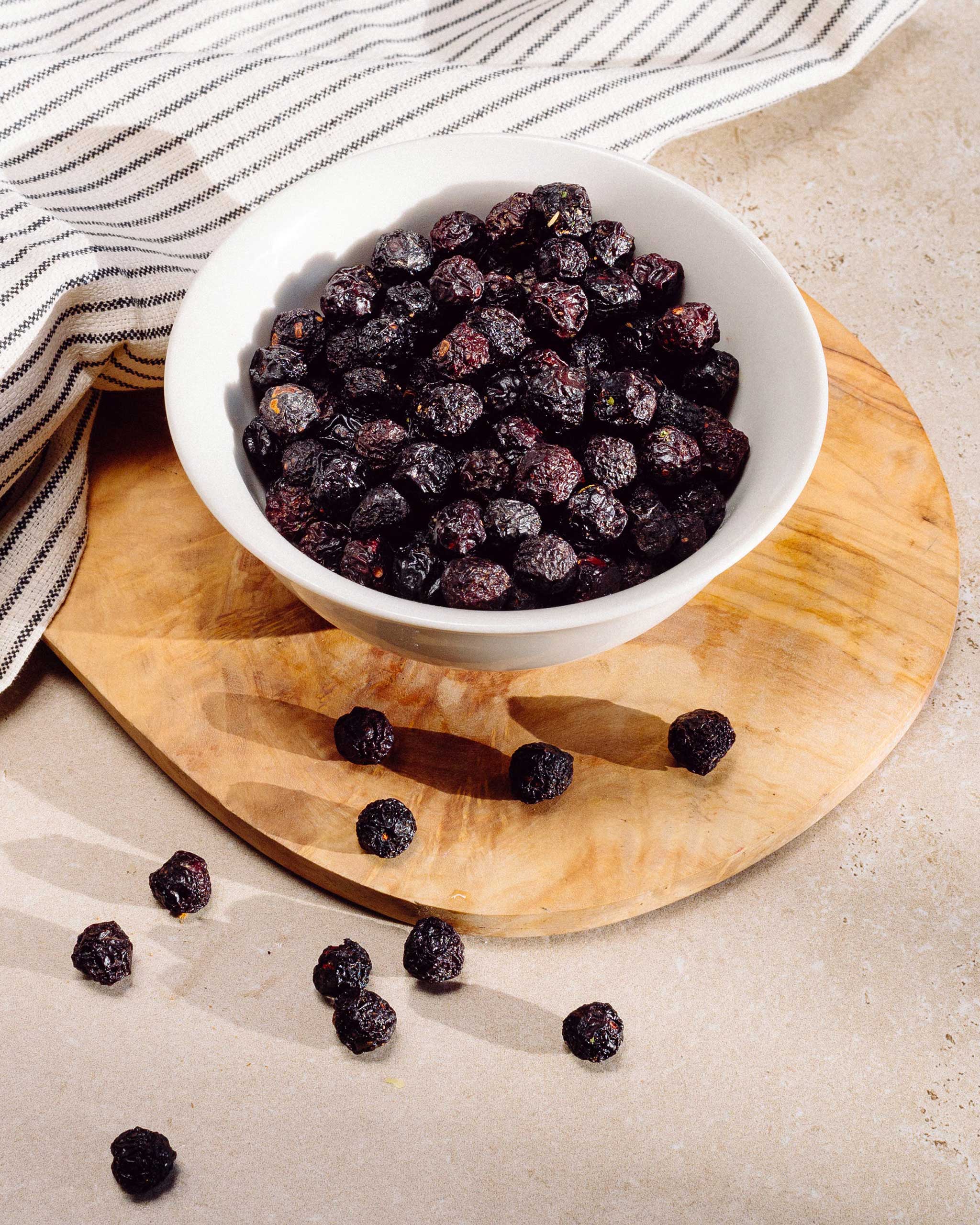Antoni Shkraba / Pexels
What anti-inflammatory foods should you add to your plate for better health? Dietician, nutritionist and columnist Sophie Janvier believes everybody should know about the anti-inflammatory diet in part because of its scientifically proven benefits. “More vitality, better digestion, less joint pain, more stable blood-sugar levels, and maintaining a healthy weight – not only is it good at helping to prevent these potential health issues, the diet also helps if you suffer from endometriosis, eczema or acne.”
5 anti-inflammatory foods to add to your diet
Nuts
“Almonds are a good source of fibre, plant proteins, minerals, and antioxidants. Omega-3s are specific fatty acids, essential for the proper functioning of our body and something we are often deficient in. They promote the production of valuable anti-inflammatory substances and are beneficial for cardiovascular health. In short, it’s your ally when it comes to skin problems, inflammatory diseases and can even help with anxiety. For optimal effectiveness, also add fatty fish to your diet twice a week if possible. Try tuna, salmon, sardines or mackerel, which all provide another form of anti-inflammatory Omega-3, complementary to those in nuts.”
Blueberries
“These small fruits, like raspberries, redcurrants and generally all berries, are bursting with antioxidants and help fight against oxidative stress in our cells which promotes ageing and causes inflammatory reactions. Blueberries contain a particularly effective type of antioxidant – Polyphenols – and their action has been studied numerous times and proved their ability to block the production of certain pro-inflammatory substances.”
Buckwheat
“Buckwheat is the new quinoa – rich in fibre, antioxidants and vegetable proteins while being gluten-free. Fibre allows us to favourably ‘feed’ the good bacteria in our microbiota, which will then produce anti-inflammatory substances. And that’s not all: thanks to the fibre content, this cereal has a lower glycemic index than rice or pasta.”
Kefir
“This fermented drink contains natural probiotics – ie live bacteria that will seed our microbiome, helping it to be richer and more diverse. A healthy microbiome has many favourable effects on our health: better digestion, strengthened immunity, healthy skin, good mental health. When the microbiota is disrupted, this promotes intestinal permeability and therefore the passage of endotoxins in the blood, which causes an inflammatory reaction.”
Dark chocolate – with 85 per cent cocoa
“Look for dark chocolate high in cocoa – at least 85 per cent. As one of the richest anti-inflammatory ingredients in the plant world, cocoa is abundant with antioxidants, minerals, fibre and theobromine. Avoid milk or white chocolate as they’re not only sweet but can promote inflammation.”
This article was originally published on British Vogue.
